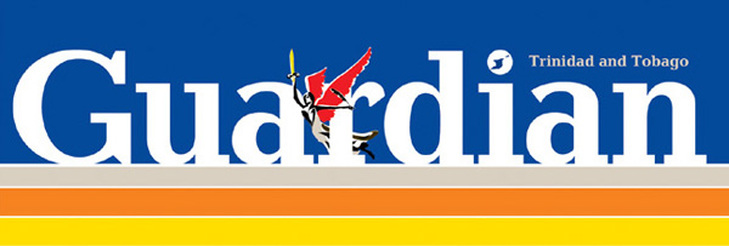Is Petrotrin culpable as the EMA says? Are there other factors still to be known? A cover up even? Depending on who’s talking the answers vary.
While we wait and hope for independent answers, the oil spill provides an opportunity to think about the political life of the environment and what can be salvaged from this disaster.
In writing about the 2010 Deep Water Horizon oil spill in the Gulf of Mexico anthropologist David Bond noted that, “disasters are made manageable by an extreme narrowing of the range of interpretation and acceptable evidence.”
By this he meant that the “environment” – a complex interconnected system – is reduced to a singular entity, and an oil disaster a single event. This leads the general populace to see the disaster through simplistic notions of an oil spill, which can be contained by “science”. Look for oil on the surface of the water, on land, and any damage to sea birds and animals. Once these have all been tackled the clean up is supposedly over.
In this sense a Government alongside the hydrocarbon industry can be seen to take charge of events and supposedly manage the problem. The logic being: we have identified the problem and we will now fix it. In this sense the environment takes on a political life to be easily solved by scientists and technocrats.
Yet the reality of any oil spill and it’s clean up is that the environmental consequences are far from singular or simple to manage and debate. The consequences will extend into places unseen – under the water, into the food chain, and ultimately into human bodies – because the environment is something we are all entangled in.
This will continue long after the Government and the hydrocarbon industry give the all clear and the disaster has been “cleaned up”. For example, dispersed hydrocarbons alter the chemistry of water, while numerous scientific studies such as those undertaken at University of South Florida and Louisiana State University contradict the EMA and Petrotrin President Khalid Hassanali with solid evidence that the dispersant Corexit can be deadly to people, animals and sea organisms.
This disaster also allows us to recognise the underlying social structure and power relations of the national community that in normal times is concealed.
Many of the communities impacted by these oil spills are low-income areas. La Brea for example, as the sociologist Amanda Thomas points out in her excellent study of community decline, has suffered greatly over many decades from the nature of party politics, a lack of good governance, opportunity hoarding, and historical continuities with the plantation economy. Into an already difficult socio-economic situation the community now faces fallouts from environmental disaster.
For most of the year the rest of the country forgets and ignores La Brea and the poverty a majority of the local population experiences. As the social science literature states it is socially and economically vulnerable communities that suffer most from environmental and natural disasters both in the short term and long term.
In the short term daily routines such as cooking, working and recreation are disturbed and curtailed. Over the longer term health and environmental conditions are damaged and the full extent of such damage is impossible to predict.
After the Deep Water Horizon oil spill, BP was fined US $2.4 billion by the US government. Over half this money was allocated for environmental and community projects focussed on restoration, preservation, and conservation along the Gulf Coast.
In the T&T case the EMA has fined Petrotrin TT $20 million but no comment has been made on the allocation of these funds for environmental and community projects. Residents might understandably worry that once the Government declares the disaster fixed, and the fines paid, the country will move on.
In such circumstances communities like La Brea, which never recovered from great declines in the 1970s and 80s, will be worse off than before these oil spills. Frankly that cannot be the case.
For all their trouble, disasters also provide opportunities. For example in the production of scientific knowledge and disaster management experience previously absent, scientists learn from this disaster how to more effectively deal with the next one.
Another opportunity, much like was undertaken in the US post Deep Water Horizon, must be the long-term economic investment, development and restoration of these southern communities, who through no fault of their own have suffered great damage.
http://www.guardian.co.tt/columnist/2014-01-19/political-life-environment

 RSS Feed
RSS Feed